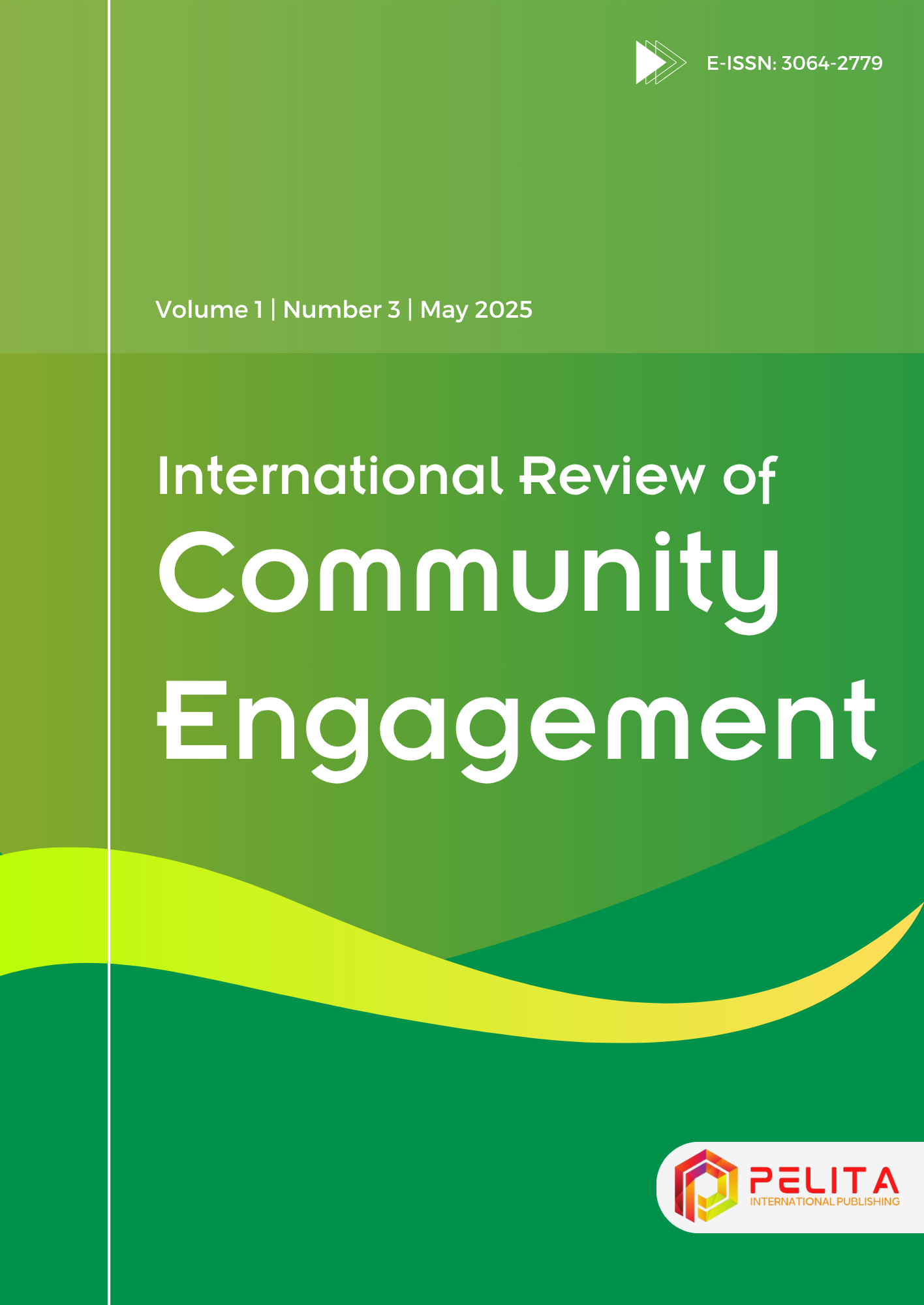
Empowering communities through organic handicraft development: A strategic analysis in tourism villages
DOI:
10.62941/irce.v1i3.141Abstract
This study conducts a strategic analysis of the development of an organic handicraft tourism village based on community empowerment in Aceh Tamiang District, Aceh Province. Using a descriptive-explanatory approach, data were collected through in-depth interviews and documentation involving village leaders, community figures, and women’s group leaders residing in the study location. The data were analyzed using SWOT analysis to identify the internal and external factors—strengths, weaknesses, opportunities, and threats—related to the development of Paya Bedi Village as a potential tourism destination. The findings reveal that Paya Bedi Village possesses strong community-based handicraft production involving local artisans, which serves as a key development asset. However, the village still faces challenges in marketing and product reach. SWOT results show that strategic opportunities exist to advance the village through a “one village, one product” approach. The study concludes that a development strategy grounded in community empowerment—through capacity building, product quality improvement, and stakeholder collaboration—is essential to foster a sustainable tourism village model. These efforts not only enhance local livelihoods but also strengthen community participation in rural economic development.
Keywords:
Strategic development Community empowerment organic handicrafts tourism village SWOT analysis rural livelihoodsLicense
Copyright (c) 2025 Syardiansah Syardiansah, Baihaqi

This work is licensed under a Creative Commons Attribution-ShareAlike 4.0 International License.









